Ukrainske sikkerhedsembedsmænd og vestlige journalister, der ledte efter russiske grusomheder nordvest for Bucha i Kiev-regionen, fandt ingen tegn på menneskerettighedskrænkelser, ifølge telefonopkaldsregistreringer, som RT har fået. I stedet fortalte lokale journalister, at de russiske tropper gav dem mad og behandlede dem godt. I mellemtiden klagede en ukrainsk embedsmand over, at hans egen sides milits plyndrede alt.
I en række satellittelefonopkald fortæller en reporter, der kun er identificeret som 'Simon', til sine kolleger, at han besøgte Borodyanka - en by omkring 25 kilometer nordvest for Bucha - og 'der er slet ingen lig i gaderne', i modsætning til hvad han blev ført til. at forvente.
Byen er blevet 'beskudt i stykker,' siger Simon, 'men der er ingen beviser for nogen rettighedskrænkelse her overhovedet.' Faktisk interviewede han og hans hold flere beboere, som sagde, at de russiske tropper havde været meget venlige og gav dem mad og vand og andre forsyninger. 'Og det fik vi citater på kameraet for,' tilføjer han.
'Jeg ved ikke, hvad anklageren talte om, men sådan noget har vi overhovedet ikke set. Det er et helt andet billede,' siger Simon til sine kolleger. En fransk journalist kan have set et lig af en dræbt ved beskydning, men 'ingen henrettelser.'
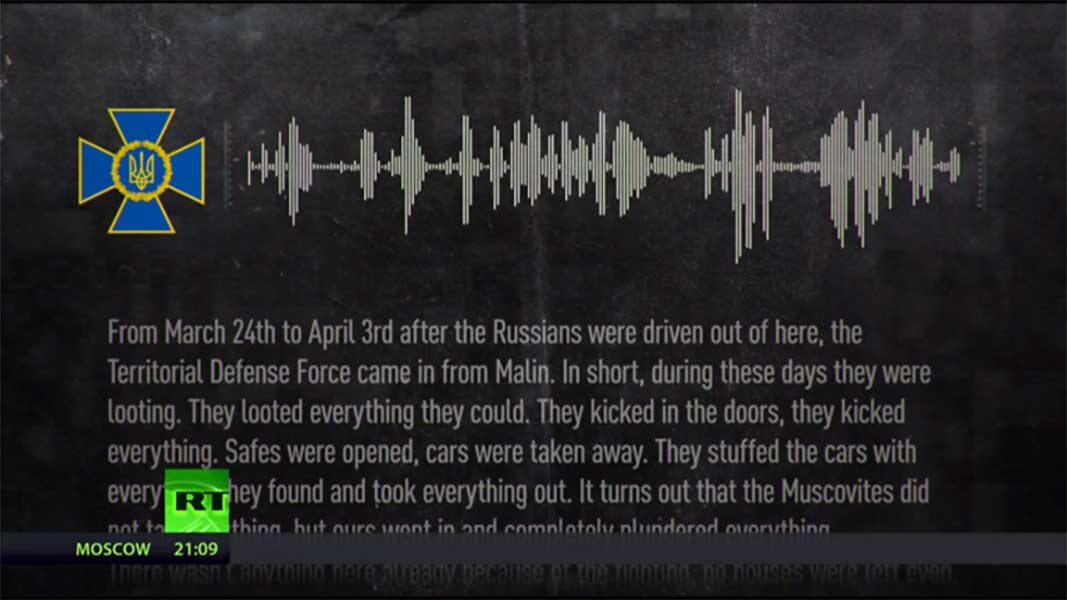
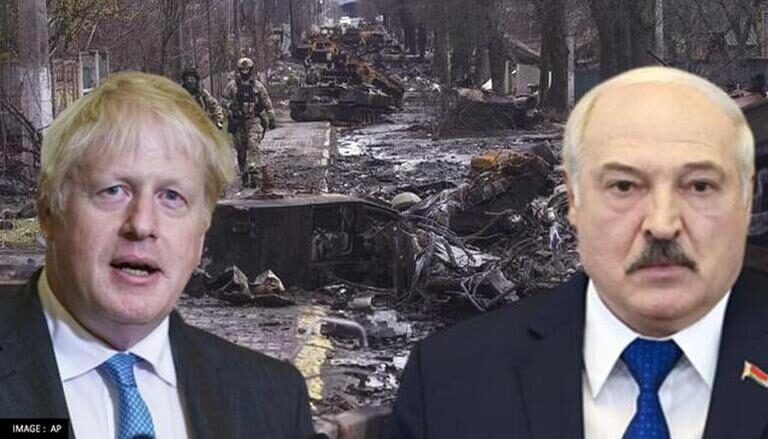
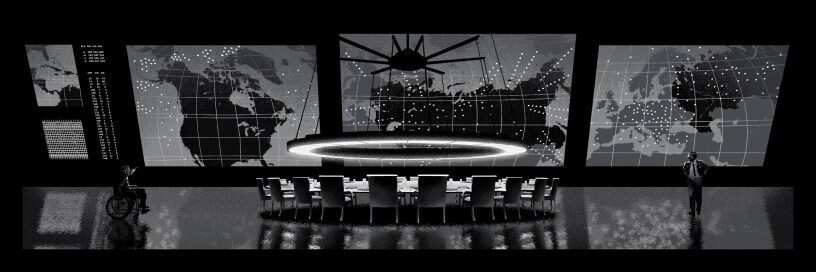
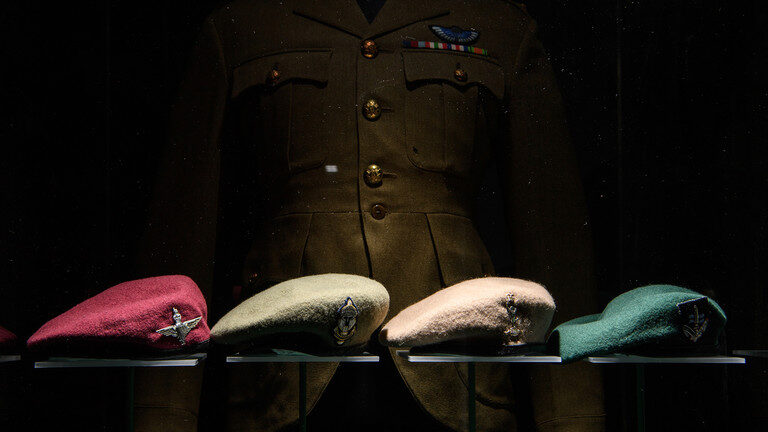
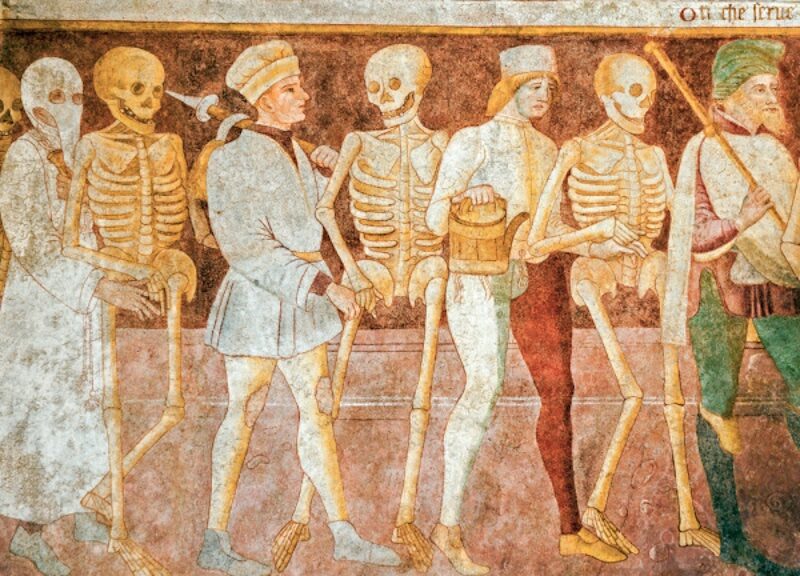
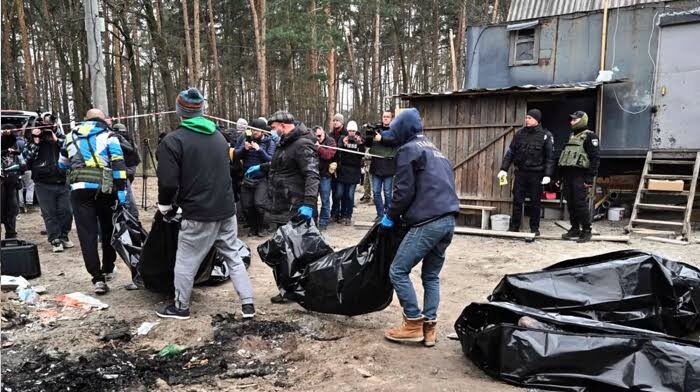
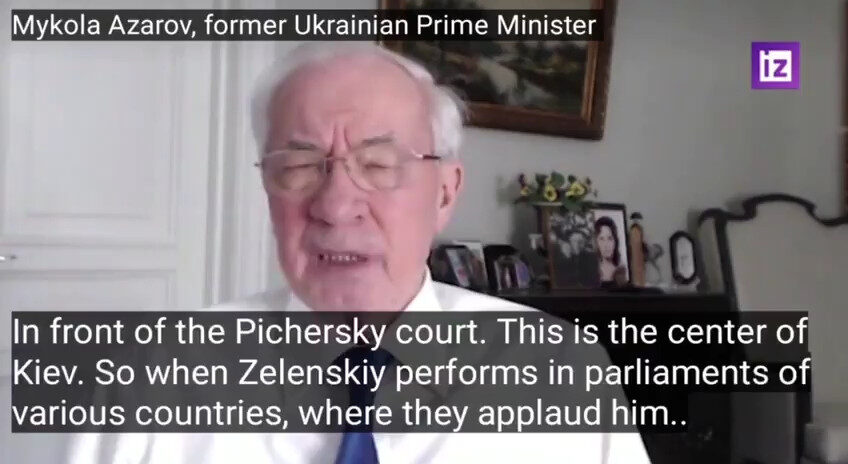
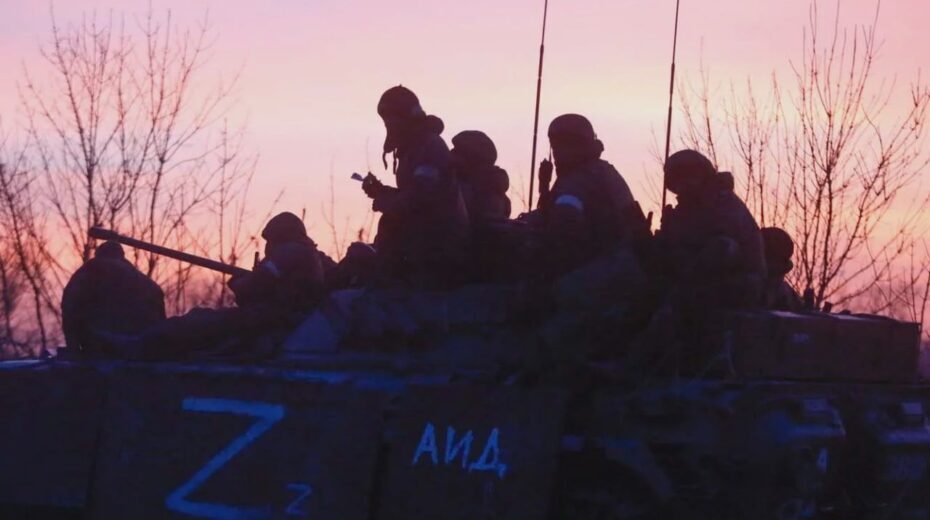
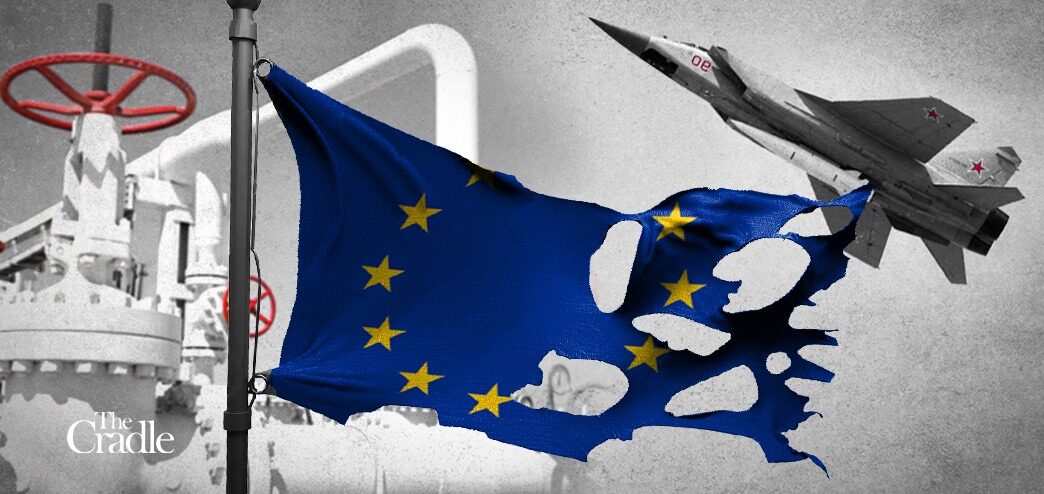
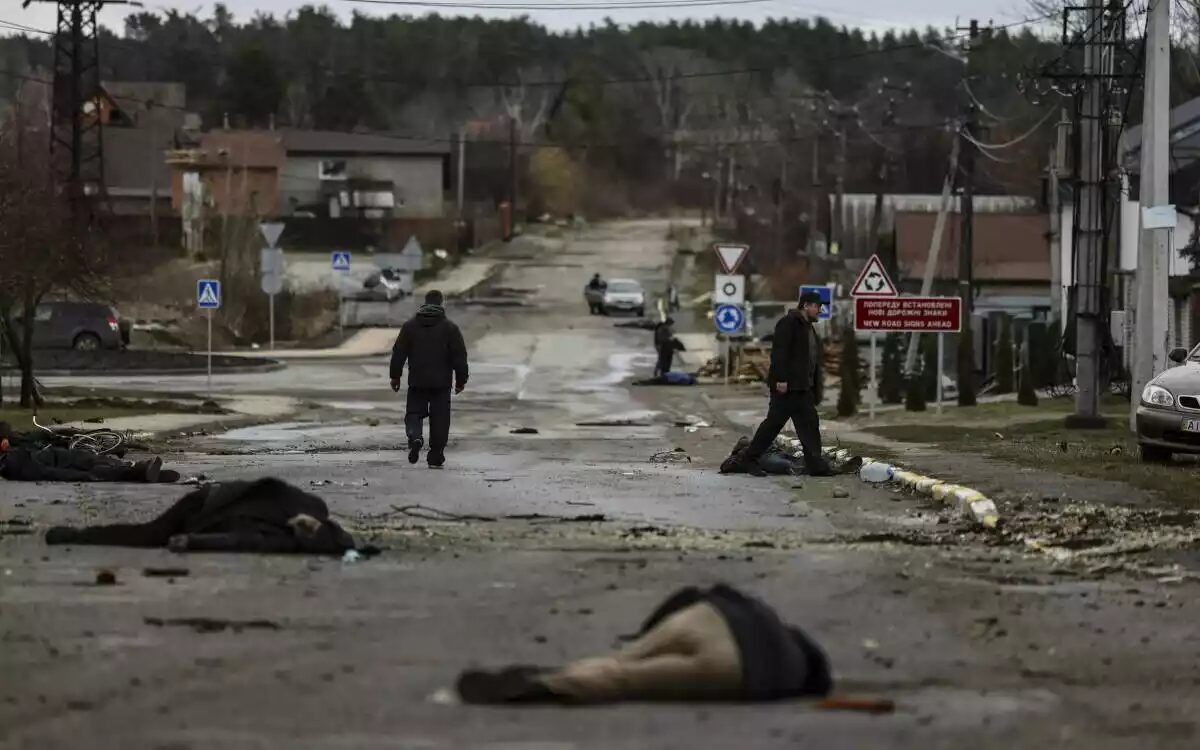



Kommentar: There are audio recordings that show that the Bucha atrocities are rigged in order to portray the Russian army and Russian intervention in Ukraine in the worst possible way